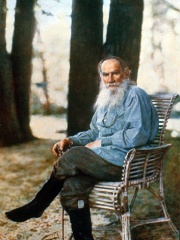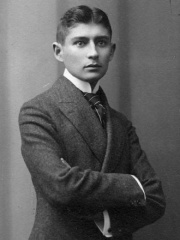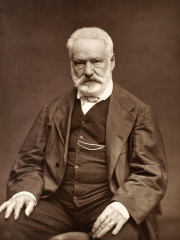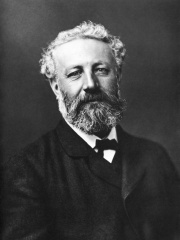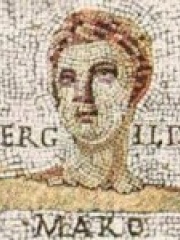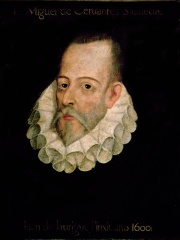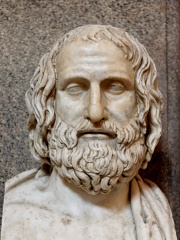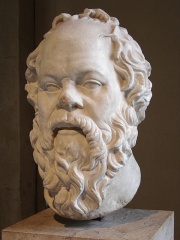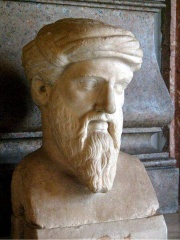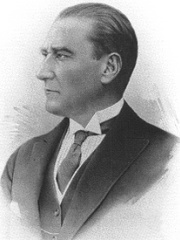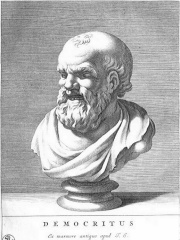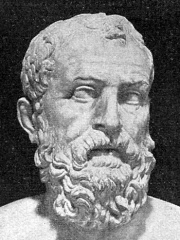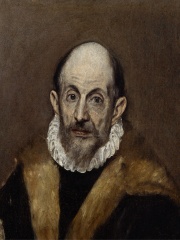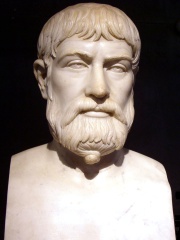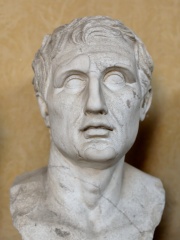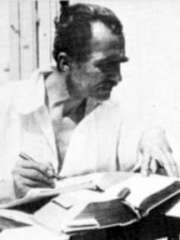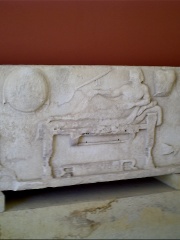Writer
Sophocles
497 BC - 406 BC
EN.WIKIPEDIA PAGE VIEWS (PV)

 Sophocles
Sophocles
His biography is available in 148 different languages on Wikipedia (up from 143 in 2024). Sophocles is the 14th most popular writer (down from 13th in 2024), the 9th most popular biography from Greece and the 2nd most popular Greek Writer.
Sophocles is most famous for writing the three Theban plays: "Oedipus Rex", "Oedipus at Colonus", and "Antigone".
Memorability Metrics
Page views of Sophocles by language
Among Writers
Among writers, Sophocles ranks 14 out of 7,302. Before him are Hans Christian Andersen, Leo Tolstoy, Franz Kafka, Victor Hugo, Voltaire, and James Joyce. After him are Jules Verne, Virgil, Molière, Miguel de Cervantes, Jean-Paul Sartre, and T. S. Eliot.
Most Popular Writers in Wikipedia
Go to all RankingsHans Christian Andersen
1805 - 1875
HPI: 90.14
Rank: 8
Leo Tolstoy
1828 - 1910
HPI: 89.82
Rank: 9
Franz Kafka
1883 - 1924
HPI: 89.62
Rank: 10
Victor Hugo
1802 - 1885
HPI: 89.52
Rank: 11
Voltaire
1694 - 1778
HPI: 89.44
Rank: 12
James Joyce
1882 - 1941
HPI: 89.38
Rank: 13
Sophocles
497 BC - 406 BC
HPI: 89.32
Rank: 14
Jules Verne
1828 - 1905
HPI: 88.32
Rank: 15
Virgil
70 BC - 19 BC
HPI: 88.05
Rank: 16
Molière
1622 - 1673
HPI: 87.83
Rank: 17
Miguel de Cervantes
1547 - 1616
HPI: 87.60
Rank: 18
Jean-Paul Sartre
1905 - 1980
HPI: 87.31
Rank: 19
T. S. Eliot
1888 - 1965
HPI: 87.25
Rank: 20
Contemporaries
Among people born in 497 BC, Sophocles ranks 1. Among people deceased in 406 BC, Sophocles ranks 1. After him are Euripides, Hannibal Mago, Callicratidas, and Thrasyllus.
Others Born in 497 BC
Go to all RankingsOthers Deceased in 406 BC
Go to all RankingsSophocles
WRITER
497 BC - 406 BC
HPI: 89.32
Rank: 1
Euripides
WRITER
480 BC - 406 BC
HPI: 84.12
Rank: 2
Hannibal Mago
POLITICIAN
471 BC - 406 BC
HPI: 61.56
Rank: 3
Callicratidas
MILITARY PERSONNEL
500 BC - 406 BC
HPI: 61.04
Rank: 4
Thrasyllus
POLITICIAN
450 BC - 406 BC
HPI: 57.11
Rank: 5
In Greece
Among people born in Greece, Sophocles ranks 9 out of NaN. Before him are Alexander the Great (-356), Homer (-800), Socrates (-470), Pythagoras (-570), Mustafa Kemal Atatürk (1881), and Hippocrates (-460). After him are Democritus (-460), Epicurus (-341), Solon (-638), Pericles (-494), Aristophanes (-448), and El Greco (1541).
Others born in Greece
Go to all RankingsAlexander the Great
MILITARY PERSONNEL
356 BC - 323 BC
HPI: 95.63
Rank: 3
Homer
WRITER
800 BC - 750 BC
HPI: 95.41
Rank: 4
Socrates
PHILOSOPHER
470 BC - 399 BC
HPI: 94.90
Rank: 5
Pythagoras
PHILOSOPHER
570 BC - 495 BC
HPI: 93.36
Rank: 6
Mustafa Kemal Atatürk
POLITICIAN
1881 - 1938
HPI: 91.26
Rank: 7
Hippocrates
PHYSICIAN
460 BC - 370 BC
HPI: 90.19
Rank: 8
Sophocles
WRITER
497 BC - 406 BC
HPI: 89.32
Rank: 9
Democritus
PHILOSOPHER
460 BC - 360 BC
HPI: 86.85
Rank: 10
Epicurus
PHILOSOPHER
341 BC - 269 BC
HPI: 86.65
Rank: 11
Solon
POLITICIAN
638 BC - 558 BC
HPI: 86.59
Rank: 12
Pericles
POLITICIAN
494 BC - 429 BC
HPI: 86.36
Rank: 13
Aristophanes
WRITER
448 BC - 386 BC
HPI: 84.47
Rank: 14
El Greco
PAINTER
1541 - 1614
HPI: 84.26
Rank: 15
Among Writers In Greece
Among writers born in Greece, Sophocles ranks 2. Before him are Homer (-800). After him are Aristophanes (-448), Euripides (-480), Aeschylus (-525), Sappho (-630), Pindar (-517), Menander (-342), Nikos Kazantzakis (1883), Alcaeus of Mytilene (-620), Arion (-700), and Archilochus (-680).
Homer
800 BC - 750 BC
HPI: 95.41
Rank: 1
Sophocles
497 BC - 406 BC
HPI: 89.32
Rank: 2
Aristophanes
448 BC - 386 BC
HPI: 84.47
Rank: 3
Euripides
480 BC - 406 BC
HPI: 84.12
Rank: 4
Aeschylus
525 BC - 456 BC
HPI: 83.66
Rank: 5
Sappho
630 BC - 570 BC
HPI: 83.03
Rank: 6
Pindar
517 BC - 437 BC
HPI: 79.03
Rank: 7
Menander
342 BC - 291 BC
HPI: 78.37
Rank: 8
Nikos Kazantzakis
1883 - 1957
HPI: 76.70
Rank: 9
Alcaeus of Mytilene
620 BC - 560 BC
HPI: 76.62
Rank: 10
Arion
700 BC - 660 BC
HPI: 75.03
Rank: 11
Archilochus
680 BC - 645 BC
HPI: 75.03
Rank: 12

